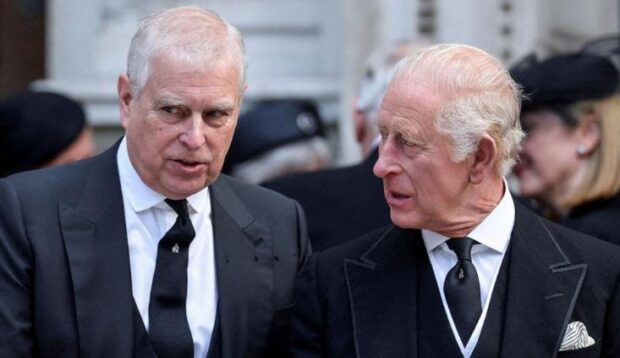How to win an election without any money
I was amused to read an article about who won the Democratic Party primary gubernatorial (governor’s) race this week in Mississippi. He was Robert Gray, a truck driver who didn’t even vote as he was “busy.” He ran against Vicki Slater, an attorney and Valerie Short, a physician. Ms. Slater spent nearly $200,000 this year, Dr. Short, $41,000 and Mr. Gray, $0.00 or nothing! I am ignoring the $300 fee to the Mississippi Democratic Party to get on the ballot.
So why did he win?
As I’ve written before, here and here, the vast majority of voters have no idea who they are voting for and name recognition is king. In this instance, I believe that as the few people who bothered to vote in the primary didn’t have a clue about the candidates, they voted for the first name listed in alphabetical order. And that was Gray. He became the “Accidental Politician.” I think that he just paid $300, went to a few events and lost interest. He remained on the ballot and won.
I’ve suggested in the past than the ballots have randomly scrambled candidate name listings within each race to avoid this problem. Today, if your name is close to the beginning of the alphabet, or your competitors last names are after yours you have an edge. And that edge may help you win.
I’m not saying that Mr. Gray will win in November, but it illustrates how our election system is subtly designed to have certain people win and others lose. The public thinks that elections are fair. Ha, ha, ha. If you want to listen to a show about political corruption and be stunned, click here.
Do you own research and you’ll be shocked. You won’t, and that’s why you have no voice. Politicians are your best friends the day before an election, and don’t want to give you the time of day the day after.
The apathetic public is to blame. We get the best politicians money can buy. Keep rowing.





